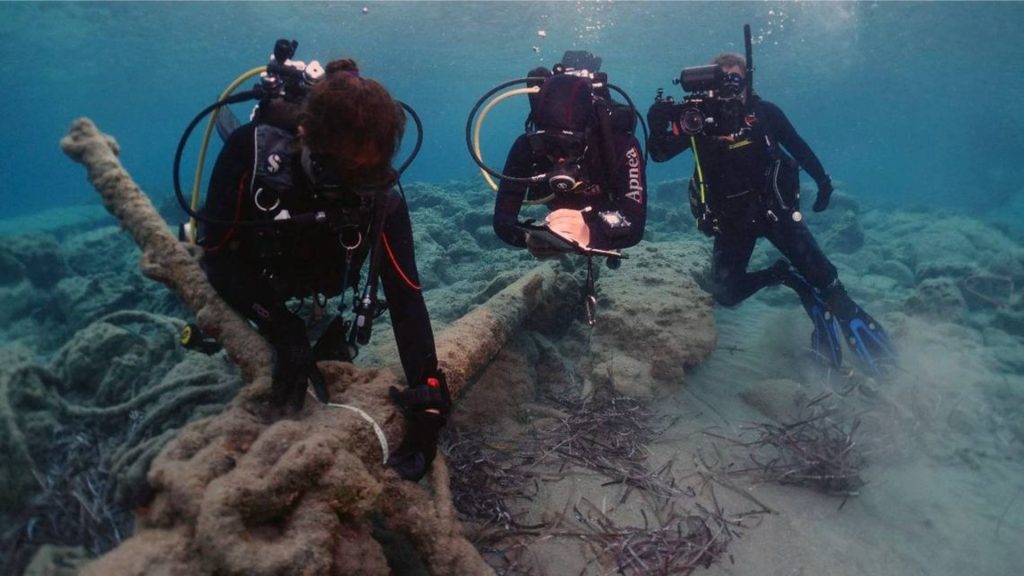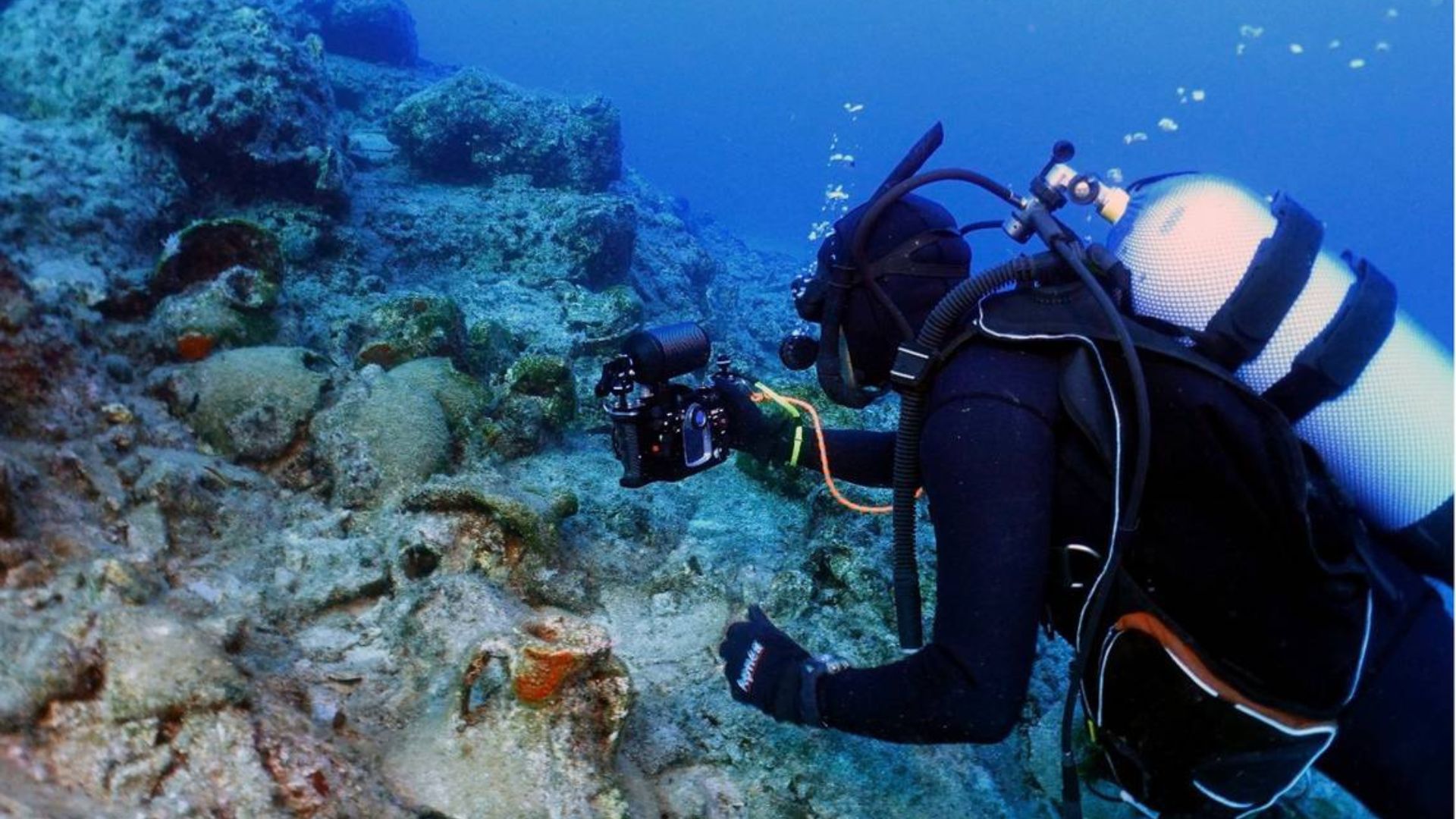An international team of researchers has made a significant discovery off the coast of Greece, uncovering 10 shipwrecks spanning various historical periods. The findings, announced by the Greek Ministry of Culture, were the result of a multi-year survey conducted around Kasos, a small island in the Aegean Sea.
According to charlotteobserver.com, Kasos, once a pivotal trade hub, hosted merchants selling goods from distant lands.
The oldest of the shipwrecks discovered, dates back to the prehistoric era around 3000 B.C. Others sank during the Hellenistic period (100 B.C. – 100 A.D.), the Roman era (200 B.C. – 300 A.D.), and the Byzantine period (800-900 A.D.).
One of the more recent wrecks, a wooden vessel measuring approximately 85 feet, likely dates back to the World War II era. Numerous artifacts linked to these wrecks were recovered, including an amphora from circa 150 A.D., Roman period flasks, and an ancient stone anchor.

Goods originating from Italy, Spain, Africa, and Asia Minor (modern-day Turkey) were among the discoveries. The wrecks were found at depths ranging from 65 to 155 feet, thanks to advanced research equipment and divers equipped with underwater cameras who captured over 20,000 photos.
The survey project, undertaken by a variety of professionals — including archaeologists, historians and biologists — began in 2019 and wrapped up in October. It was the first systematic archaeological exploration of the seafloor around Kasos.
The research is the subject of a film titled “Diving into the History of the Aegean,” which is available in English.
Source: charlotteobserver.com

